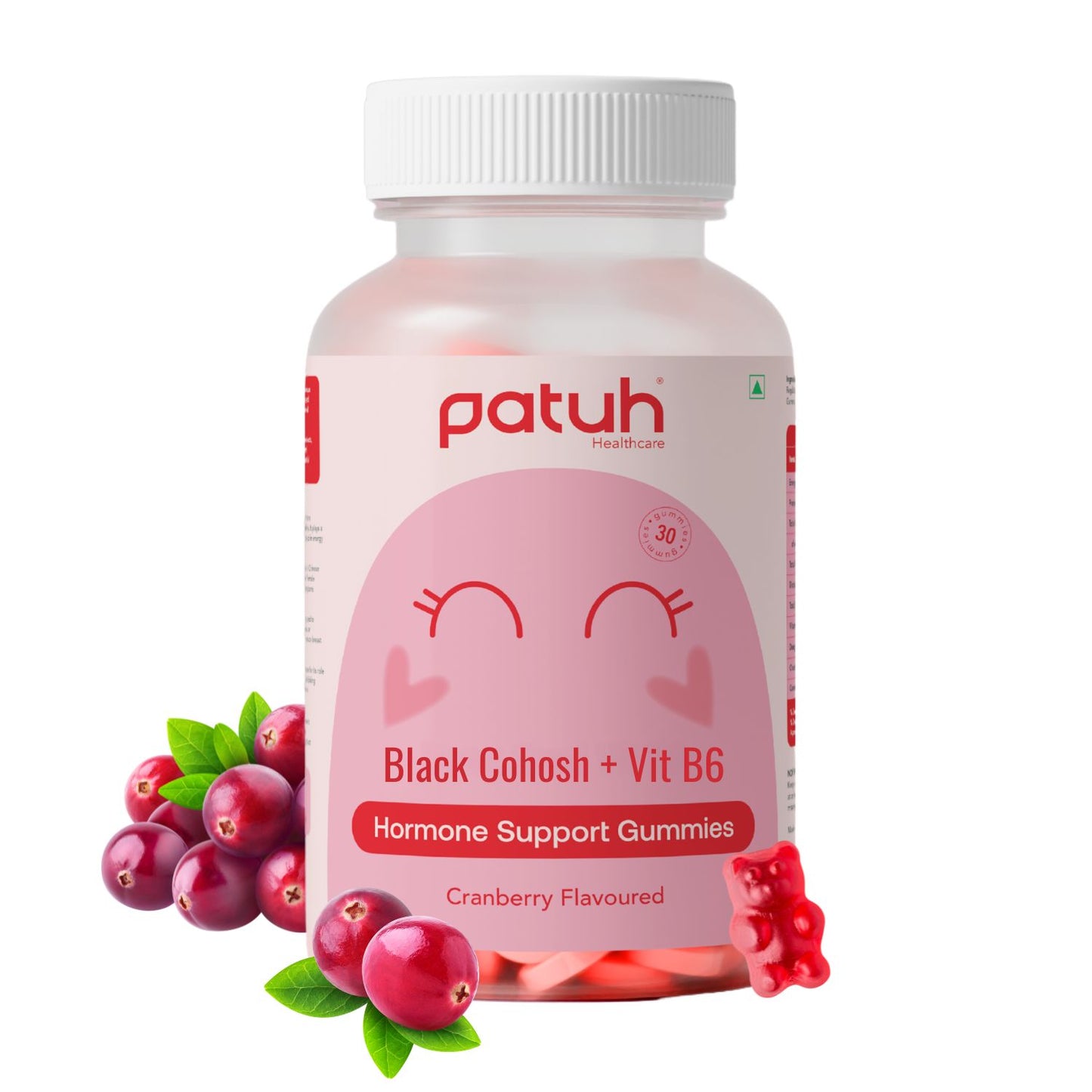
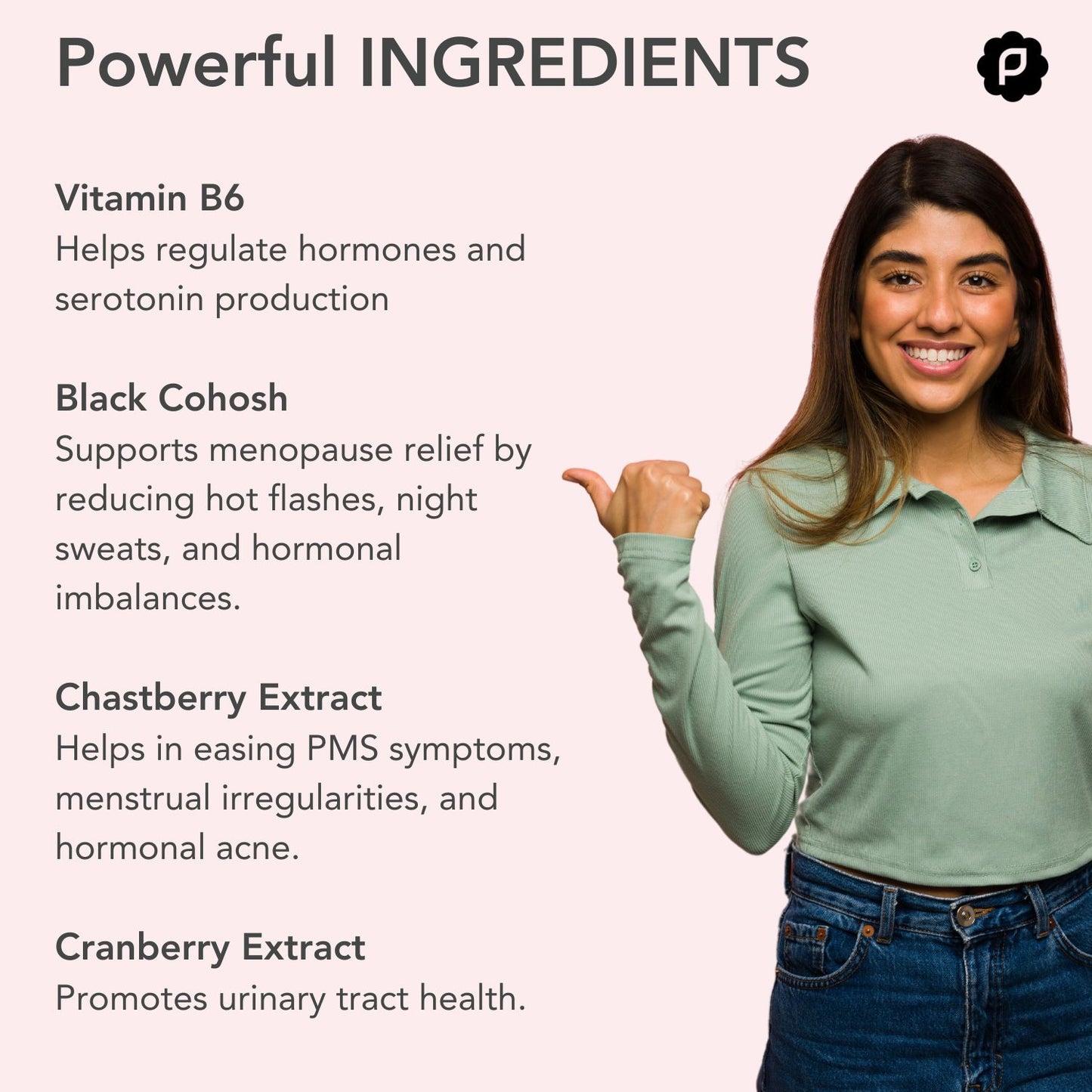
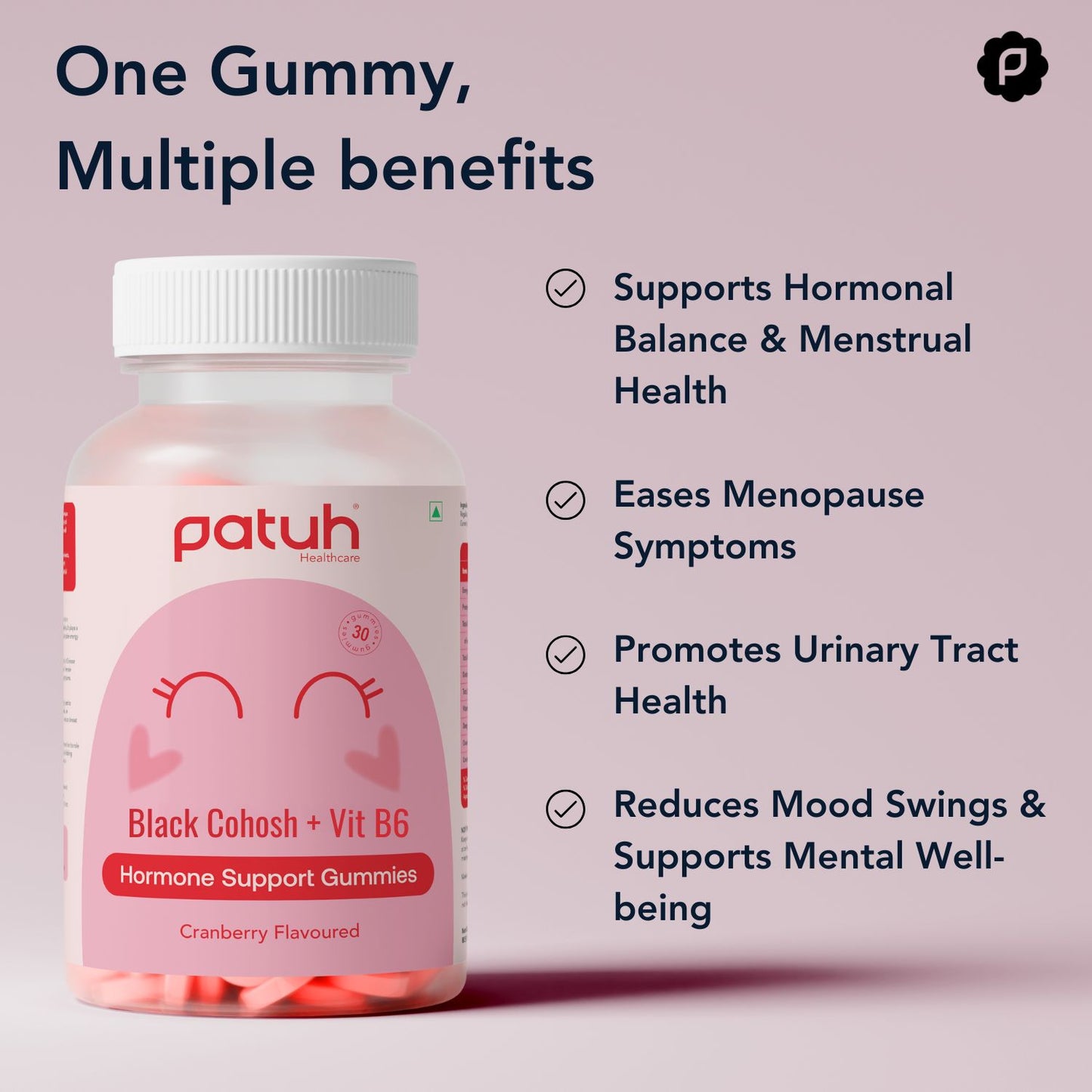

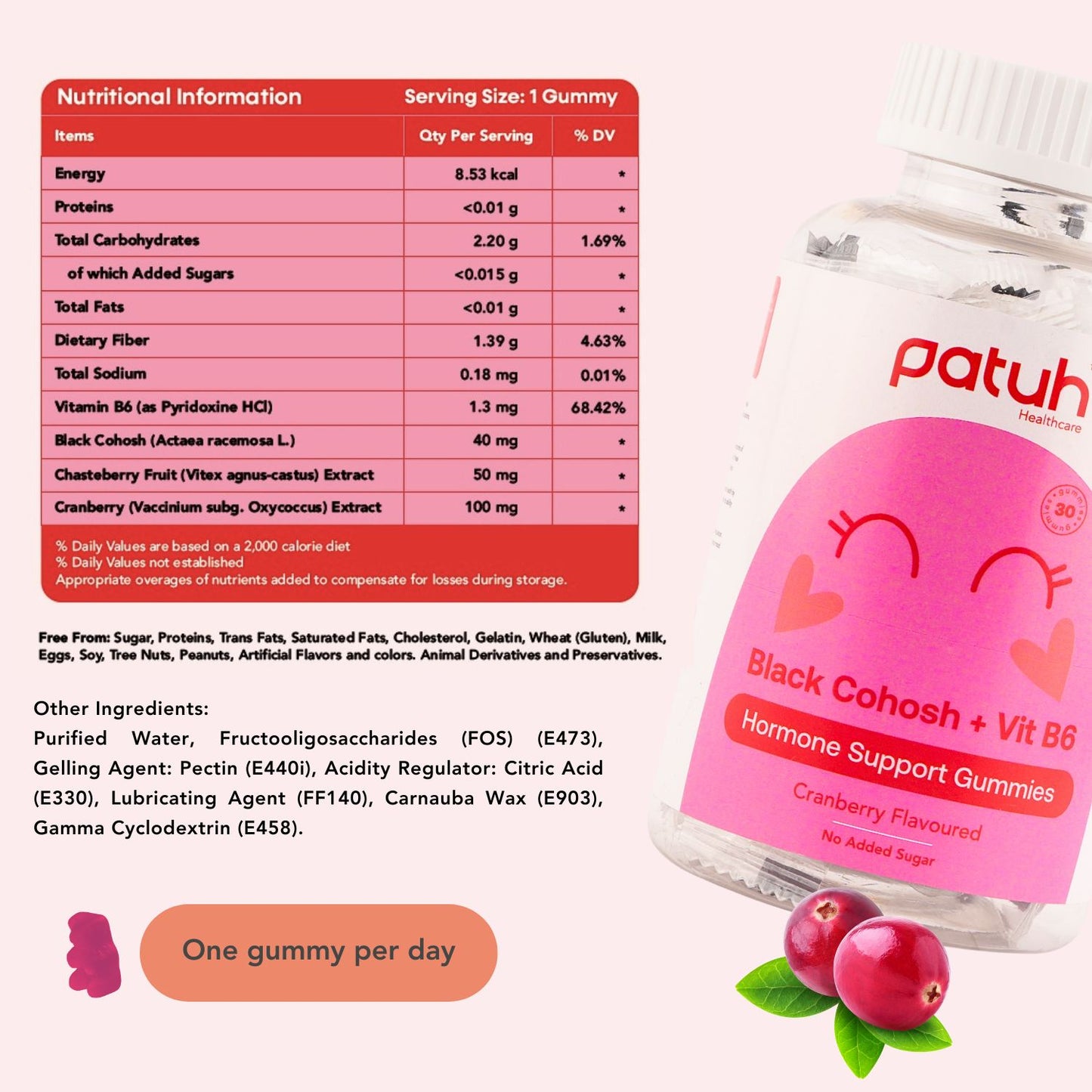
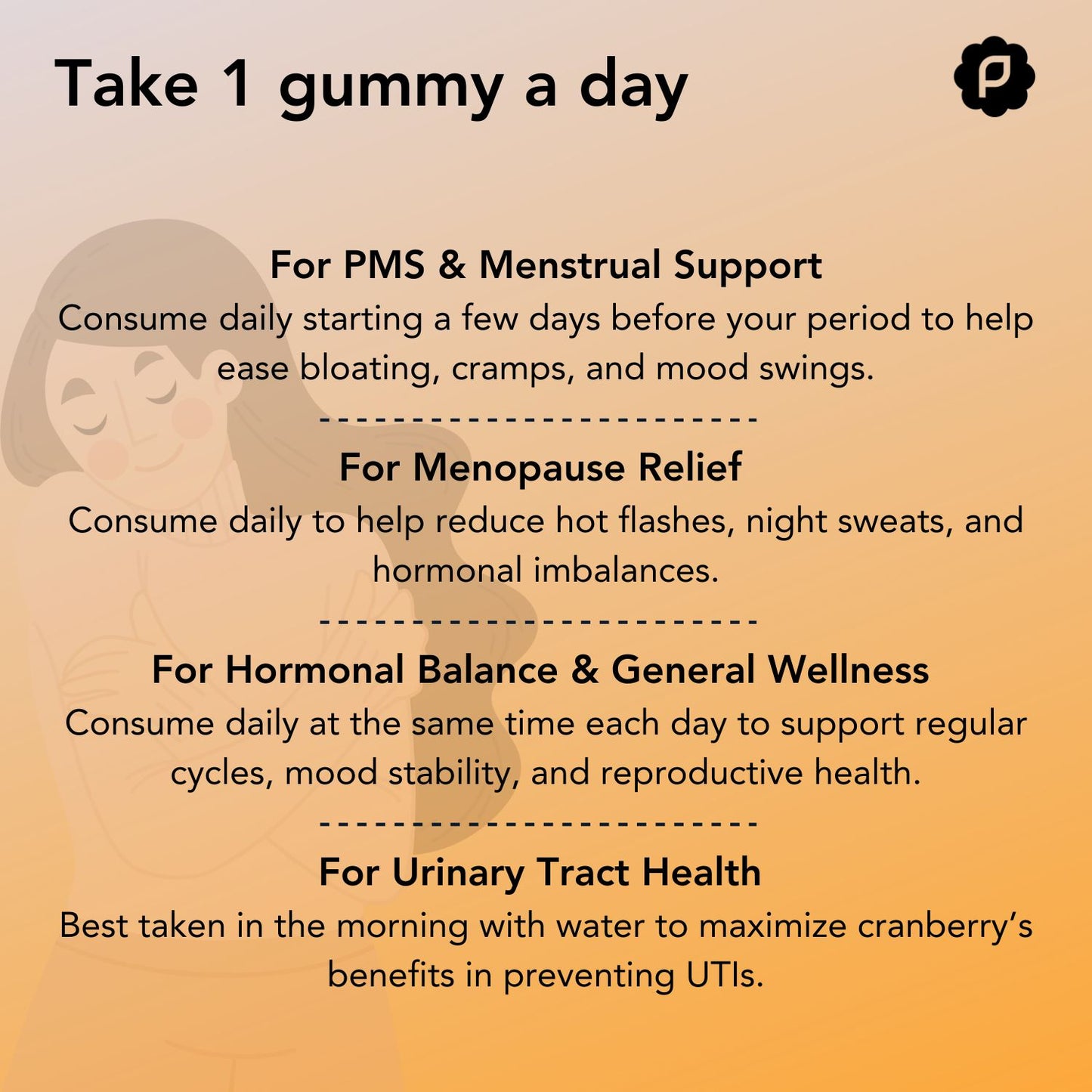
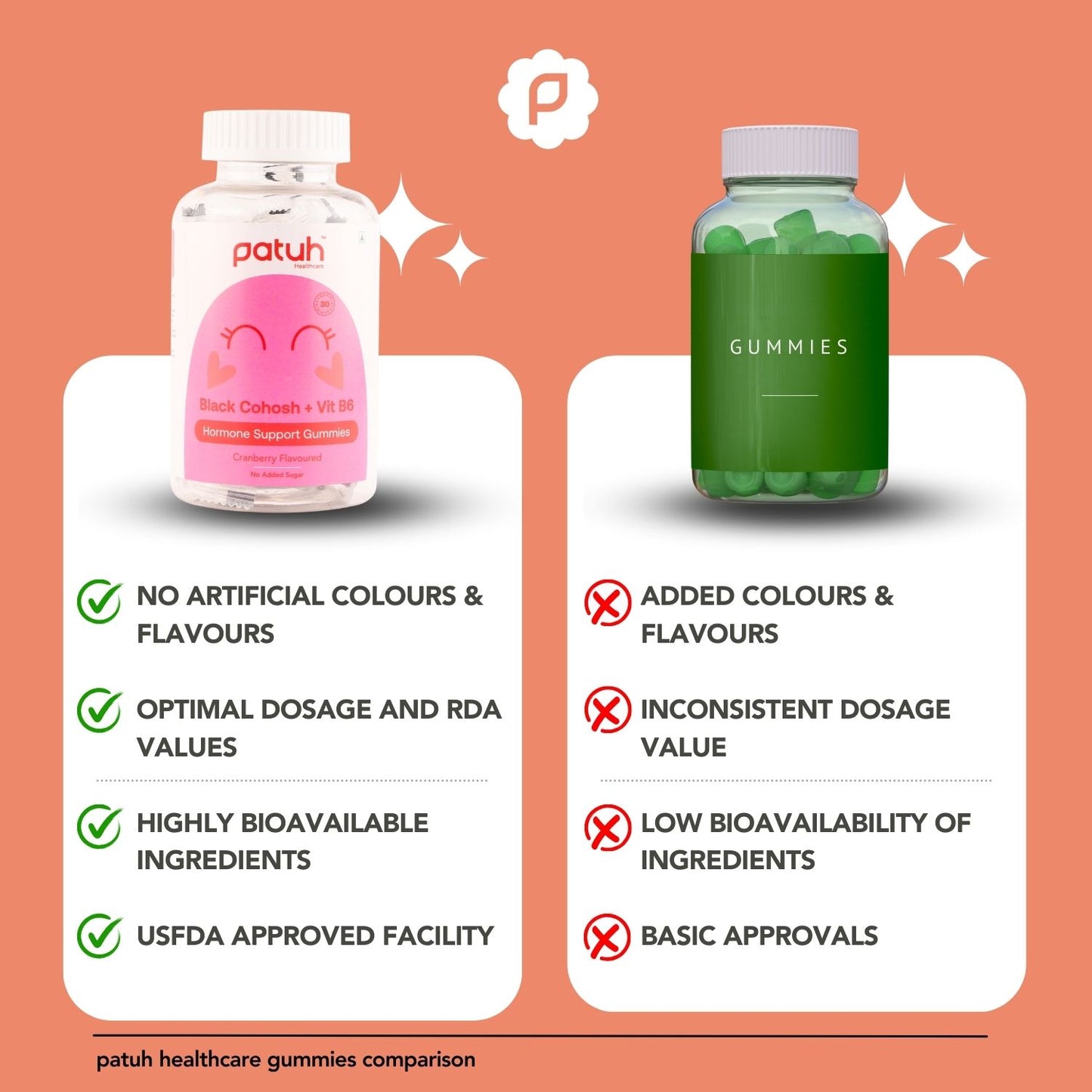
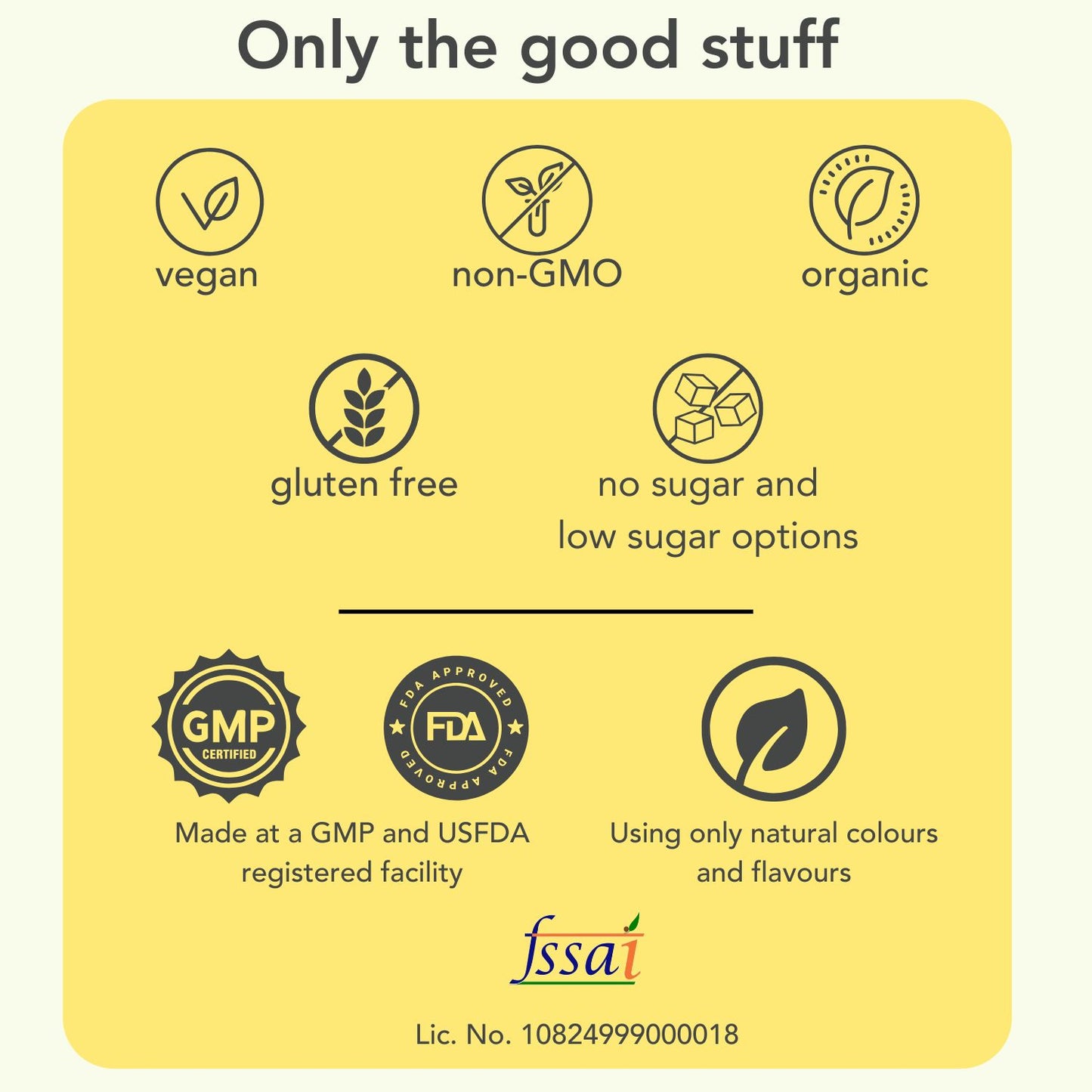
- Description
- Nutritional Information
(1) Supports Brain Health: Omega-3 fatty acids are crucial for brain development and function, especially during childhood. Our gummies provide a rich source of Omega-3s, including EPA and DHA, which are essential for cognitive function, memory, and concentration. By incorporating Omega-3s into your child’s diet, you can help support their brain health and cognitive abilities.
(2) Promotes Heart Health: Omega-3 fatty acids have been shown to support heart health by helping to maintain healthy cholesterol levels and supporting overall cardiovascular function. Our gummies provide a convenient way to introduce Omega-3s into your child’s diet, promoting a healthy heart from an early age.
(3) Supports Eye Health: DHA, a type of Omega-3 fatty acid, is a major structural component of the retina in the eye. By including Omega-3s in our gummies, we help support your child’s eye health and vision, ensuring that their eyes receive the nutrients they need for proper development and function.
(4) Enhances Immune Function: Omega-3 fatty acids play a role in supporting immune function, helping to regulate inflammation and promote a healthy immune response. By incorporating Omega-3s into your child’s diet, you can help strengthen their immune system, supporting their body’s ability to fight off infections and illnesses.
(5) Delicious and Kid-Friendly: Our Omega-3 Gummies are not only nutritious but also irresistibly delicious, with a mouthwatering mango flavor that kids love. With the convenience of chewable gummies, you can easily incorporate them into your child’s daily routine, making supplementation a hassle-free experience.
(6) High-Quality Ingredients: We are committed to providing the highest quality supplements for your child’s health. Our gummies are made with carefully selected ingredients, including natural flavors and colorants, ensuring that your child receives a wholesome supplement free from unnecessary additives.

Nutritional Analysis and Benefits of the Gummy Supplement for children above 4 years of age, focusing on its potential benefits:
(1) Omega-3 (Flaxseed): – Benefit: Omega-3 fatty acids are crucial for brain development, cognitive function, and overall brain health in children. They also support heart health and reduce inflammation. – Dosage: 66 mg per serving, which helps ensure children receive adequate Omega-3s, especially if their diet is low in fatty fish or other Omega-3 sources.
(2) Low in Added Sugars: – Benefit: With only 1.99 g of added sugars per serving, these gummies help prevent excessive sugar intake, which can lead to dental cavities, obesity, and other health issues.
(3) Dietary Fiber: – Benefit: Aids in maintaining healthy digestion and regular bowel movements. It also helps in managing blood sugar levels and maintaining a healthy weight. – Dosage: 0.01 g per serving, contributing to overall digestive health.
(4) Low Calorie: – Benefit: At 10.669 Kcal per serving, these gummies provide a low-calorie supplement option, making it easy to incorporate into a child’s diet without significantly increasing their daily caloric intake.
(5)Natural Ingredients: – Benefit: The use of natural flavoring (mango) and natural colorant (curcumin) makes the gummies appealing to children while avoiding synthetic additives.
Note: Ingredients like purified water, non-GMO corn-based liquid glucose, and natural flavoring ensure a healthier choice for supplementation.








